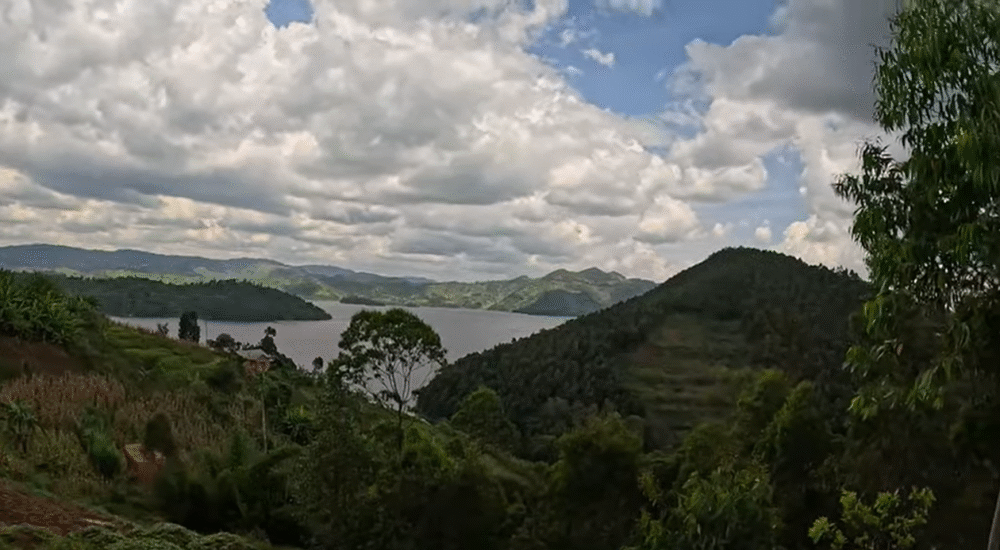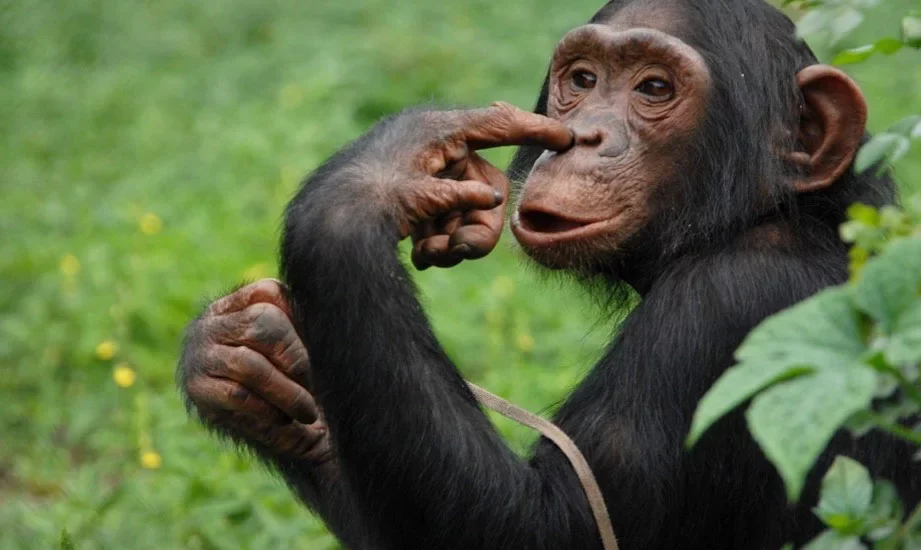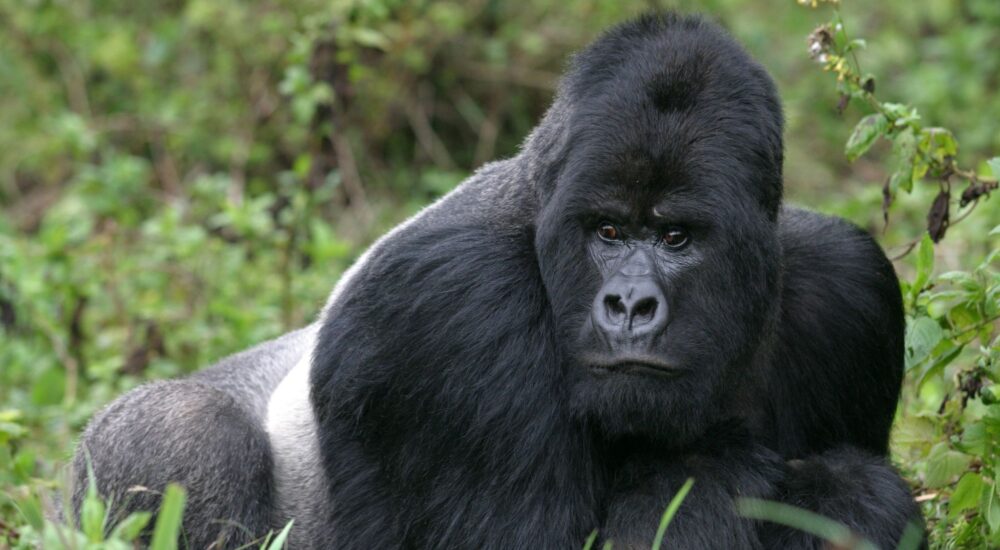Rwanda, known for its stunning landscapes and rich biodiversity, offers many unique travel destinations. One…
Planning a cycling safari in Rwanda
Planning a cycling safari in Rwanda.
organizing a Rwanda cycling safari. Popularly known as the land of a thousand hills, Rwanda is one of the best places for gorilla trekking but it is also a great bicycle safari location. The cycling safari in Rwanda is more fun because of the different terrain the nation offers—from hills to the picturesque countryside and other attractions along the road. One of the main reasons Rwanda has different itineraries for bicycle safaris is that country provides several off-beaten paths used for riding.
Usually, Rwanda’s southern and northern regions host cycling safaris in the country. They will show you the several areas of Rwanda, including Kigali and the Nyungwe Forest, to the shores of Lake Kivu, and surrounding Volcanoes National Park. Among the various cycling companies we work with to guarantee you the greatest cycling safari in Rwanda are the Africa Rising Cycling Center among others. Our trip plans were meant to guarantee that visitors would appreciate the cycling journey and the rich cultural legacy of the Rwandan people.
With the correct tour operator to assist with the planning, organizing a bike safari in Rwanda is simple. Planning a stress-free cycling safari has steps; the first is research and choosing the correct trip operator. Before your journey to Rwanda, you must choose what you need to pack for the safari and the payment after deciding on the operator you intend to employ.
Riding paths in Rwanda
Although there are several places for riding in Rwanda, we have ranked our top choices. Make sure you schedule a bicycle safari in any of the locations below ahead of time to enable appropriate planning.
Pedaling the Congo Nile Trail
Comprising around 227 kilometers, the Congo Nile Trail is among the best and most amazing cycling routes in Rwanda and East Africa. Starting from Rubavu to Rusizi, trail cycling takes five to seven days. For every guest in sections, the five-day journey can be completed.
Starting a drive from Kigali to the cycling starting point in Gisenyi, the Cycling safari along the Congo Nile trail takes about three hours. From the completing point, the travel back to Kigali takes more than five hours. Public means are available; if you are riding your bike, you must communicate and negotiate with the conductor for additional room for it in case you come alone. Private means reserved via a travel operator are better as they take care of everything.
The Congo Nile trek is challenging, hence you must be physically fit to engage in the workout. Cycling in portions along the Congo path is a choice, nevertheless, if you are not fit but still wish to take part.
Renting a bike is more affordable if you are a tourist; carrying a bike is costly and the best choice is to rent from several stores all around. Before you visit Gisenyi, tour operators can assist in selecting the bikes from particular shops; but, keep in mind that not all bikes are in good condition; thus, the first thing you should check when hiring is whether the bike is good by test riding it; it should come with a pump, spare parts and should be comfortable.
Food and drink are fine since the path was meant to pass through markets, businesses, villages, and trading centers. These feature fresh fruit, clean bottled water, and cuisine created from the several markets. Learning how to negotiate and spot signals to direct visitors on where to locate the stores will help greatly. A great opportunity to get to know the people and sample the Kinyarwanda cuisine on your trip is to stopover at any one of the towns or trading hubs.
Depending on your inclination, there is accommodation along the Congo Nile trail. All visitors have to do is carry their camping gear and bedding for the safari length; Rwanda Development Board has built various campsites with signposts guiding you to the correct area. The campgrounds solely feature tents; if you would want to put up your camp, it is still acceptable but should be located in a safe area close to towns and schools.
Among the several lodging options you could find along the Congo trail are the Kibogora Guest House, Inzu Lodge (strategically placed in Gisenyi), Bethanie Guest House (in Kibuye), Peace Guest House, L’Esparance Guest House, Mariah Hill Hotel, Paradis Malahide, Cormoran Lodge and Lake Kivu Serena Hotel.
Apart from appreciating the Congo Nile Trail, aficionados of cycling can take part in the Rwanda Cycling Cup, coordinated by the Rwandan Cycling Federation over a year in series. Over 5000 athletes and more than 20,000 dignitaries will participate in the UCI World Road Cycling Championship Rwanda hosts in 2025. Furthermore noteworthy is the fact that the competition will be hosted on Africa, first time.
Five days: Congo Nile Trail An agenda for cycling safaris
The five-day cycling schedule winds you along the Congo Nile path. There are many stopovers on the trail, and the first section of the riding is on rocky dirt roads that wind through communities before approaching the several hills around Gisenyi and Kamembe. You have to be cautious since the bicycle paths are shared with other types of traffic including lorries and motorcyclists. There should be some climbs and downfalls. Food and drink abound on your safari since the path was meant to pass through settlements.![]()
Day one runs roughly five to six hours from Gisenyi to Kinunu. About 41 kilometers marks the steepest cycle.
Day 2: You have to ride 50 kilometers, which takes between five to eight hours, so it is more than the first day. The journey from Kinunu to Kibuye reveals that this stretch has more hills than any other.
Day 3 spans Kibuye to Mugonero, a 35-kilometer length. Day three will take three to five hours and boasts the biggest ascent at 1887 meters.
Day 4: On a 35-kilometer ride spanning 4 to 5 hours, we ride from Mugonero to Kibogora. Day four is for descent to Lake Kivu at 1440 meters following ascent; then, climbing once again for more than 10 kilometers to roughly 1750 meters.
Starting from Kibogora to Kamembe, a six-hour ride, Day five marks the end of the bicycle safari. Since the road is paved and there are few hills, the ride is laid back; the stretch is roughly 54 kilometers.
Depending on the guesthouse/lodges selected, the days could span more than five days.
The Kigali Cycling Course
Considered as one of the most attractive and hygienic towns worldwide, Kigali is the capital of Rwanda. One of the ways you may discover the Kigali Metropolis is by riding through the several tourist attractions, including the Genocide Centre, local markets, restaurants with well-prepared local cuisine, and milk bars among others.
Cycling route Twin Lakes
Designed to round the well-known Volcanoes National Park, the Twin Lakes Trail is Rwanda’s second-best cycling route. One of the tourist attractions in Rwanda are the twin lakes, which are separated by a 1-kilometer strip where you may bike in appreciation of the lake surrounds and see the primates among the residents.
What should one carry for a safari on cycling in Rwanda?
Should you intend to go on bike safaris in Rwanda, you must be well-prepared and bring some of the following:
Driving calls for gloves for your hands to keep warm at night.
An automobile headlamp
a sleeping bag for watercraft. Verify its warmth and comfort.
Shoes for hiking and riding.
Bottled drinking water and snacks. Keep a mind to include a roughly one-liter refillable water bottle.
Extra bike tires for situations requiring change.
Bike attire and extra changeable garments. Additionally include a warm sweater and waterproof rain jacket.
Accessories for toilets
Extra cameras, lenses, a waterproof camera bag, extra batteries, and a tripod.
One’s helmet
For the sandy cycling paths, sunglasses.
A bicycle pump
A mask to cover the dust
Knee and elbow pads serve to assist in an emergency fall situation. As the paths are dirt roads, anything is possible.
In case it is totally loaded, a first aid package is included.
Other tourist pursuits you could mix with riding across Rwanda
Apart from riding, you can mix your bicycle safari with other pursuits including the following:
The biggest park in Rwanda, Akagera National Park provides a range of activities including game drives, bird viewing, and nature walks among others. Riding safaris can be combined with a visit to the Akagera to view the several species including lions, rhinos, and antelopes.
Over 400 Mountain gorillas call Volcanoes National Park home, so it is the most visited park in Rwanda. Riding on your safari to the Volcanoes, you can engage in a variety of events including gorilla trekking, a visit to the Twin Lakes, primate walks, a visit to the Dian Fossey burial, Kwita Izina ceremonial participation, and a cultural tour to the communities.
Rwanda has a terrible background of the 1994 genocide, in which millions of people were killed, and various monument sites were established to honor those who lost their lives and to highlight the detrimental effects that genocides can have on a nation and the globe. Visiting one of the genocide memorial sites will allow you to see what happened years ago and meet families and survivors who gather at the sites to pay their loved ones visits.
Best for chimpanzee treking, Nyungwe Forest National Park is a prominent tourist destination in Rwanda. Chimp trekking in Nyungwe National Park Nyungwe, where numerous activities aside from chimpanzee trekking and habituation take place, is visited during your bike safari and among others are exploring the canopy walk, primate hikes, and birding.
The ideal season for travels to Rwanda on bicycles
Rwanda is an all-year-round travel destination; cycling can be done all year long; nevertheless, steer clear of riding in March through May and October through November, during the wet season. Usually marked by mud, slippery paths, and damp and chilly, these months call for extra clothes, a thick sweater, and a waterproof jacket to keep warm should you not mind the rain. From June to September and December when bike paths are dry, less slippery, less muddy, is the ideal period.
We advise combining the several cycling safari locations from riding along the shores of Lake Kivu via the Congo Nile Trail across Nyungwe National Park, Volcanoes National Park, and Kigali City as you schedule your cycling safari to Rwanda. Riding a bike requires physical fitness, hence it is not for the weak of heart. Try your best to respect national traffic regulations and savor the riding adventure in Rwanda.


